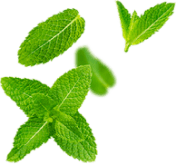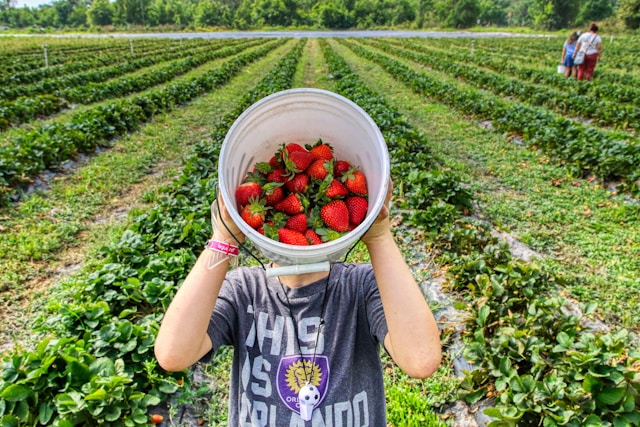The Context The food system is closely linked to agriculture, food security, climate change, biodiversity conservation, …
Our Testimonials
Hear What Our Clients Say
My name is Cynthia Wirba, and I live in Beleem in Bui Division, Cameroon. I am a farmer. I have a husband, four kids, and five grandchildren. My farm is only 1½ hectares. I grow mostly maize, corn, beans, and potatoes to feed my family. I sell what we can’t consume. Maize is one of the easiest crops to farm. In Bui, we have two planting seasons, October and March, but with erratic rainfall patterns. Seven years ago, we were farming with farm-saved seeds with no problems. But since then, the weather has been changing frequently. There is either too much rain or not enough. The first time I heard about drought-tolerant seeds was through the local farm supply stores. They told me about these improved seeds that can grow in drought conditions and tolerate diseases. I decided to attend seminars and workshops to learn more about the seeds. Our land is dry most of the year, so I tried growing the hybrid seeds in one season, and they came out perfect. Compared to the local varieties, which need more rainfall. An unexpected challenge we have faced is COVID-19. With the pandemic affecting everyone, we couldn’t find farm hands to help. Business was down, and buyers weren’t coming around to purchase our crops. We didn’t know where to sell. We couldn’t do anything. At times, farming can be stressful for the family. We need to grow healthy crops for our own consumption and food security. Whatever we don’t consume, we need to sell. And the money earned from harvests helps us take care of other needs. When my family is well-fed, we can help ourselves in different ways. I can also help pay the school fees for my grandchildren. With climate change, we can’t plan to give our land to our children. The weather changes I face each growing season will continue to be more challenging. It’s been important for my children to get an education so they can choose a work path that best suits them. But I will keep tending to this land to earn and save money for the other necessities. In the end, it is the food we need. Food for my family. That is what I always pray for. For the future, I have to plan for many things to come—to improve the farm and the family.
My name is Agnes Fonta. I am 55 years old. I have seven children, but five transferred to Douala because life is tough in the village, leaving behind four grandchildren. We live in Matope, one of the poorest and most remote neighborhoods of the Nkum sub-division. My family relies on farming to feed and manage to afford an education for all seven of my children and grandchildren. Since my husband died suddenly in 1997, my grandfather has been letting me farm on a nearby plot where I grow rice and corn, and it allowed me to be self-sufficient
Starting about five to six years ago, the sun became more intense, killing the crops before they grew. We used to follow the natural patterns in our farming. The seasons were regular. It was easier to plan for the harvest. Farming occurs ahead of the rainy season, which typically runs from October to March.
Now it’s not possible to predict the rainy season anymore. When we are expecting rain, it will not rain. Yet, when we do not expect rain, it could rain heavily and destroy our crops. The weather in general in the last five or six years has been very bad for farming.
In the past, we would store a full warehouse with the harvest of one season. Now we can barely fill up to five or six bags of rice and corn. I worry about not having enough food to eat. I’m afraid of starving. In the past, the corn I harvested was enough to eat and sell to cover our needs, such as clothes. But now we do not even have enough to eat. I will continue farming and whatever I can harvest I will bring home for my family.
Our goats have become thin because of the droughts, so they do not produce milk as usual. At the same time, when there is a water shortage like now, you must travel long distances with the goats so they can drink water. Our animals, the little we have, have been sold for school fees and to feed ourselves. Now soon we shall run out of everything. No schooling, and then no food. So where are we going to go?





